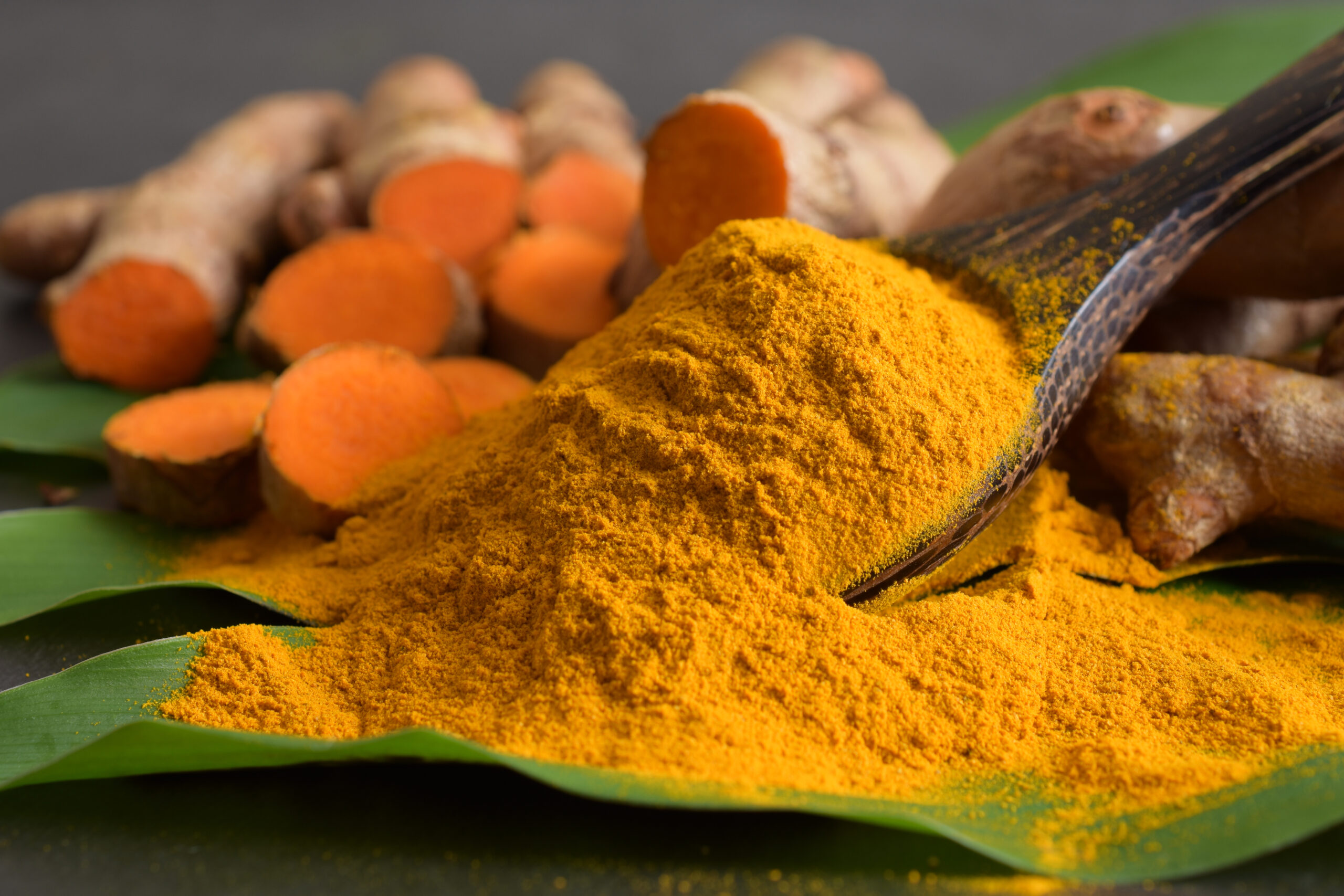One spice in your kitchen may quietly shape your risk for disease, immunity, and even your mood—yet few people realize how powerful its daily use can be for gut health.
Quick Take
- Turmeric stands out as the #1 spice for gut health, backed by gastroenterologists and clinical data.
- The gut microbiome’s influence extends far beyond digestion, impacting immune resilience and emotional balance.
- Dietary strategies—especially plant-based foods and anti-inflammatory spices—are now central to preventive health.
- Personalized nutrition and AI-driven interventions are reshaping how we approach gut health for the future.
How Turmeric Earned Its Crown as Gut Health’s Golden Spice
Gastroenterologists now single out turmeric as the single most effective spice for nurturing a healthy gut microbiome. Its active compound, curcumin, has repeatedly demonstrated the ability to reduce inflammation and foster the growth of beneficial gut bacteria. But turmeric isn’t a solo act; it works best in concert with black pepper, which amplifies curcumin’s absorption in the digestive tract. This dynamic duo is not just a culinary tradition—it’s a clinically validated strategy that’s quietly transforming dietary recommendations in clinics across the world. For those who dismiss spices as mere flavor, the science now says otherwise: turmeric changes the very landscape of your gut, enhancing resilience to chronic disease and supporting immune function.
When eating for gut health, look to the spices in your pantry. https://t.co/394gQvQjXj
— EatingWell Magazine (@EatingWell) July 30, 2025
The mainstream medical community’s shift toward turmeric and other gut-friendly spices is rooted in a decade of explosive research. Early studies focused on digestion alone, but by the mid-2010s, scientists had mapped the gut microbiome’s links to everything from mood swings to type 2 diabetes. This research era ushered in the realization that targeted dietary choices—particularly anti-inflammatory spices and fiber-rich plants—could be as powerful as prescription drugs for some chronic conditions. By 2025, the message is clear: what you eat can reprogram your gut, and by extension, your well-being.
Watch: Spice Up Your Gut Health with These Turmeric Recipes – YouTube
The Gut Microbiome: Foundation for Health and Disease Prevention
The gut microbiome, a teeming metropolis of trillions of microorganisms, quietly orchestrates some of the body’s most vital functions. Beyond breaking down food, these microbes fine-tune the immune system, help regulate inflammation, and even send chemical signals to the brain. Disruptions in this ecosystem—known as dysbiosis—are now linked to a staggering range of conditions, including obesity, diabetes, depression, and inflammatory bowel diseases. The upshot: keeping these microbial residents healthy is not a wellness fad, but a science-backed necessity for disease prevention and longevity.
Diet is the steering wheel for this microbial world. Plant-based foods, fermented products, and especially spices like turmeric create an environment where beneficial bacteria thrive. Not all interventions are equal, however. Clinical trials reveal that turmeric’s anti-inflammatory properties have a uniquely broad impact, from reducing markers of gut inflammation to promoting microbial diversity. Experts recommend pairing turmeric with black pepper and including it regularly in meals to maximize its benefits. For those seeking an actionable path to better health, this is as low-tech—and as high-impact—as it gets.
The Food Revolution: From Public Health to Personalized Nutrition
Healthcare professionals, food companies, and everyday consumers are converging on a new frontier: food as medicine. The Human Microbiome Project, launched in 2007, set the stage by mapping the genetic blueprints of gut bacteria. By the 2020s, this knowledge ignited a shift in public health messaging and product innovation. Supermarket shelves now overflow with probiotics, prebiotics, and functional foods—yet experts warn that not all products deliver on their promises. Clinical consensus emphasizes dietary diversity and whole foods over isolated supplements, with turmeric, leafy greens, and fermented foods topping the recommended list.









